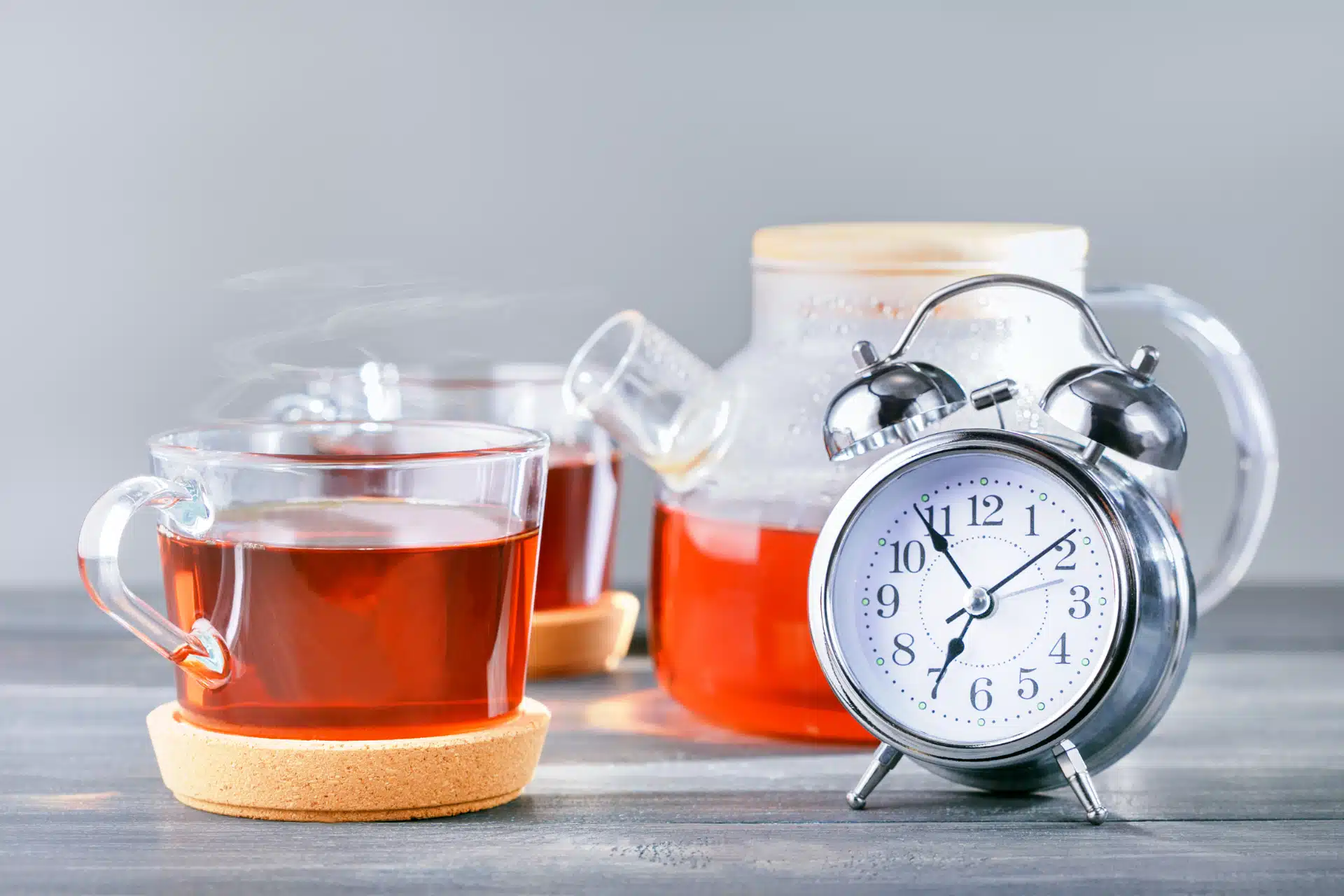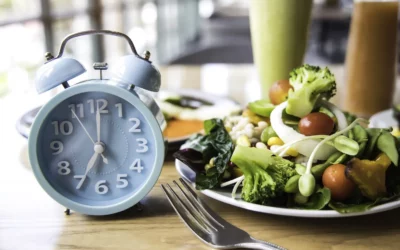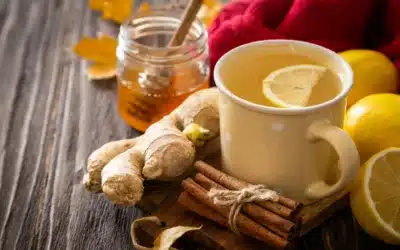Intermittent fasting, shortly referred to as IF, has been witnessing a steady rise in popularity for the past recent years. The concept, however, is definitely not new to the human race as it was often practiced in the past when food was scarce. Also, it plays an important role in many major religions.
What does it really mean? To deprive yourself of food for an extended period of time. For instance, the most widespread way to do IF would be to fit your meals in an 8-hour window, and then to stay away from food for the next 16 hours.
Among the numerous benefits this method offers, the most widely accepted is weight loss. Other worth-mentioning advantages would be blood sugar and insulin management, controlled blood lipids (i.e., triglycerides), healthier brain and heart, increased energy levels, improved immunity, decreased risk of diabetes and cancer, reduced overall oxidative stress and inflammation, etc.
Although fasting might sound intimidating at first, be aware that there is one particular beverage that can make this whole experience more enjoyable and manageable. And that’s tea! Perceived as an indispensable elixir in many ancient cultures, this modest drink can serve as a potent enhancer for your everyday lifestyle.
Read on to discover the numerous benefits that drinking tea can grant you, which teas you should be drinking, and which you should avoid in order not to break your fast. Cheers!
Benefits of fasting teas
If you are new to fasting, you may have heard that this method can come with some unpleasant side effects, including hunger, nausea, fatigue, headaches, and impaired sleep. Enjoying teas during your fasting periods can help provide some relief and bring several benefits:
- Enhanced hydration
It’s vital to stay properly hydrated while sticking to intermittent fasting by drinking plenty of water. Since tea does not contain calories, it is safe to include it in your fasting routine along with pure water. This way, it will contribute to your daily need for fluids.
- Increased satiety
Once you introduce IF to your lifestyle, you may face harsh hunger strikes because your body is used to being fed on a regular basis, thus, your growling tummy might push you to eat.
And here comes tea to the rescue! It’s not just a beverage that will fill your belly up. Actually, catechins, plant compounds naturally found in green tea, can help support healthy levels of your hunger hormone, ghrelin. By alleviating this problem, you are more likely to adapt faster to intermittent fasting.
- Better energy
Black, green, and white teas contain caffeine and l-theanine, among other healthy compounds. And what is the added benefit for you? While caffeine will give you an energy boost and help you overcome fatigue, l-theanine will encourage calm and focused awareness, also known as mindfulness.
- Improved cell health
Tea leaves are abundant with antioxidants called polyphenols. They decrease chronic inflammation in the body by fighting free radicals that cause oxidative stress.
To get a high concentration of those plant compounds into your diet, drink tea regularly. Eventually, it can help improve gut health and digestion, skin appearance, energy levels, focus and memory, immunity, and much more.
- Boosted sleep
Certain herbal teas, like jasmine, chamomile, or lemon balm, can help you wind down and relax before bedtime. For instance, research reveals that the scent of jasmine tea has a comforting effect on the autonomic nervous system and thus it can improve sleep quality, especially if taken in the evening.
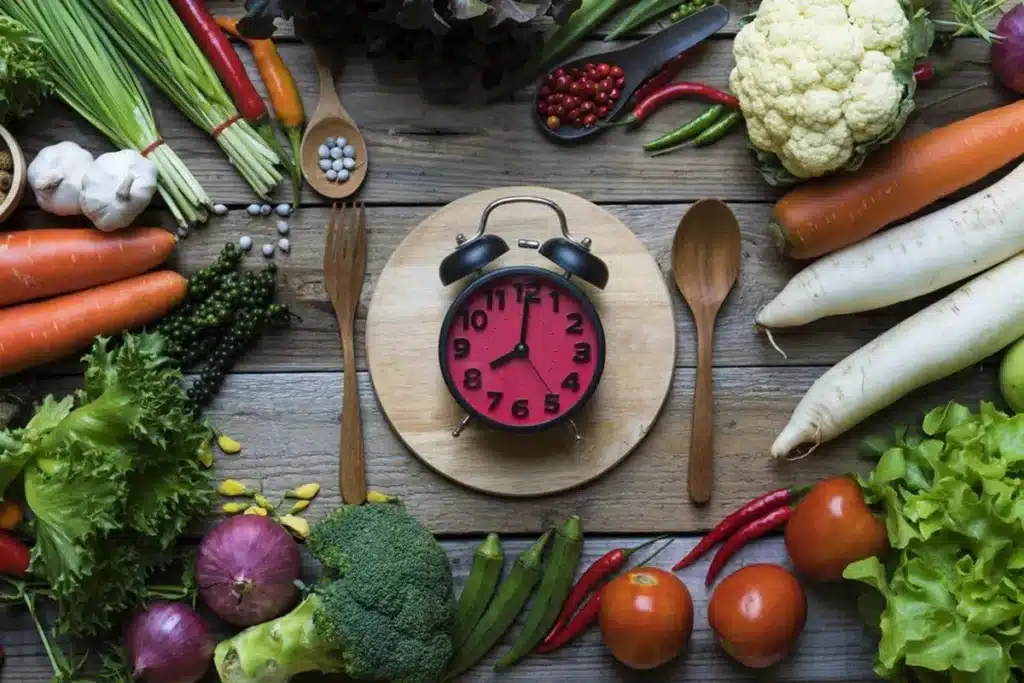
Best teas for intermittent fasting
If you are feeling lost when looking at the wide tea selection at your local grocery store, you are not alone! To ease the process, below are the most beneficial varieties to include in your IF experience: risk-free and guilt-free.
- Green tea
Green tea comes from the Camellia sinensis plant, which is native to China. It is usually prepared from leaves that haven’t been fermented. Consequently, they contain the highest level of antioxidants compared to other varieties.
In terms of nutrition, green tea has been labeled as the healthiest drink in the world. It contains caffeine, a natural stimulant, and l-theanine, a natural relaxant. Thus, it can help you stay focused without unnecessary agitation and a follow-up energy crash.
Besides, green tea is rich in various flavonoids, including polyphenols and catechins. Speaking of catechins, the most abundant type available in green tea is called epigallocatechin-3-gallate or, as it is shortly put, EGCG. It has been credited for its anti-cancer and antidiabetic effects. What’s more, research reveals that it may help promote bone health and enhance metabolic activities that may assist with weight loss.
Other benefits green tea is linked to are improved cardiovascular function, reduced risk of Alzheimer’s disease and memory loss, vision protection, and appetite control.
- Black tea
Just like green, black tea also comes from the young leaves and leaf buds of the tea plant, Camellia sinensis. What differentiates them is how the leaves are treated after picking. Black tea, in particular, is more oxidized, which gives it a stronger flavor.
This variety also tends to be loaded with polyphenols that protect human cells from free radical damage, which it one of the top anti-aging beverages.
In terms of health benefits, it has been associated with improved concentration and lower risk for ovarian cancer, Parkinson’s disease, diabetes, high blood pressure, heart disease, digestion problems, and more.
A key fact to remember is that black tea contains the most caffeine among all options. So, if you happen to be a bit worn out or you just need more energy, a cup of black tea might be the right solution for you.
- Hibiscus tea
Traditional hibiscus tea is prepared from dried parts of the hibiscus plant. Its flowers are deep red in color, and that’s why the tea acquires an outstanding shade when boiled.
Hibiscus tea is naturally caffeine-free. It is found to help lower blood pressure, balance cholesterol and triglycerides, prevent oxidative stress, encourage weight loss, combat signs of depression, lower the risk of kidney stones, and more.
- Ginger tea
Ginger tea, another excellent caffeine-free option, comes with a long list of benefits besides its distinctive taste.
Due to its many valuable compounds, ginger can effectively inhibit inflammation and support a normal immune response. Furthermore, ginger has also been shown to be efficient in fighting against different viruses, fungi, and bacteria that usually contribute to disease.
Ginger has been used as a natural remedy for nausea, motion sickness, and morning sickness for centuries as well. It can also protect brain health, ease pain, boost weight loss, promote blood sugar control, balance cholesterol, and so on.
What’s more, including ginger tea in your fasting regime will help you stay not only healthier but also more satiated!
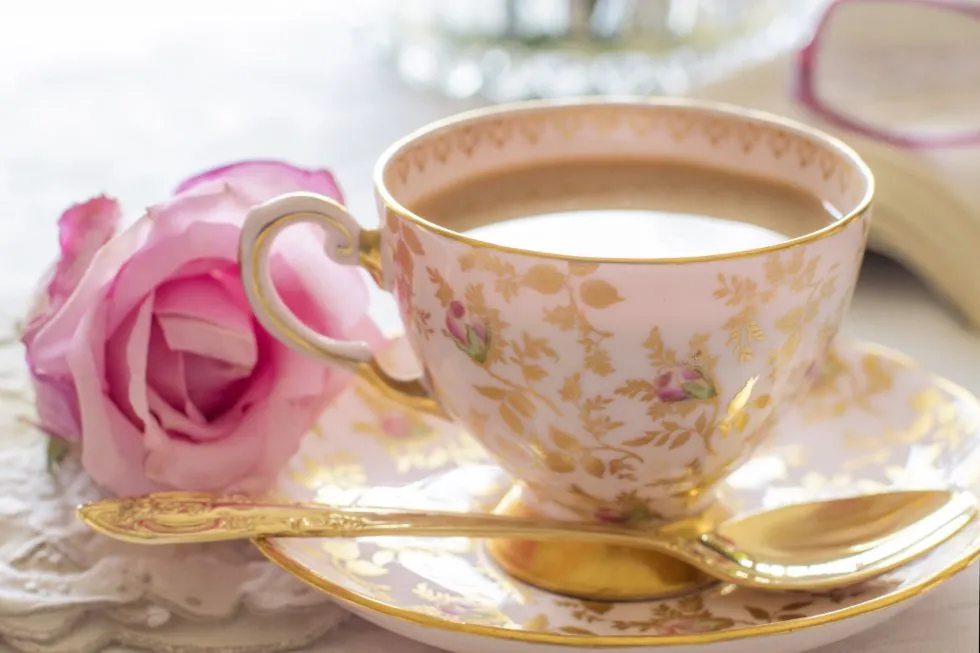
How much tea to drink
If you really want to reap all of the above-mentioned health benefits, adding just one cup of tea to your daily routine might not do it. You can easily strive for 3 cups of high-quality, caffeine-free tea per day, both hot and cold brew. As a matter of fact, it is believed that a cold-brewed cup of tea contains 2 to 3 times more antioxidants than a hot-brewed cup!
When it comes to the dosages of teas that contain caffeine, keep in mind that up to 400 milligrams of this compound per day is generally considered a safe amount for healthy individuals. So, a mug of black tea would normally contain about 50 milligrams of caffeine, while the same amount of green tea will come with 30 milligrams.
The Fasting Diet is a structured eating pattern alternating between eating and fasting periods. This approach can promote various health benefits, including weight loss, improved insulin sensitivity, and cellular repair. By restricting calorie intake during specific time windows or days and excluding specific foods, fasting diets help the body tap into stored energy and promote fat loss.
Teas to avoid
Certainly, there are teas that can counteract your fasting progress, and it’s best to steer clear of them:
- Tea with milk
Whether you use dairy milk, almond milk, oat milk, or any other variety, it will supply you with calories that will break your fast.
And yet, if you feel like you want to add a thickener to your tea, try a tiny bit of coconut oil or butter. It will help you make it through your fast without breaking it.
- Tea with sugar
Refrain from adding sugar to your tea because it is high in carbohydrates, which can negate the positive effects of your fast.
Although some zero-calorie sweeteners may not necessarily do you harm, keep in mind that they can increase sugar cravings and make it harder to fulfill your goal.
Final thoughts
Intermittent fasting can be quite tough when you are first starting out. No matter what eating pattern you choose, tea might be the right fit for you that will help keep you in a fasted state for longer while reaping all the added benefits.
When mixing and matching different types of tea, don’t forget to skip adding milk or sugar to your ultimate blend, or else you might break your fast. Now that you’ve prepared your cup of cold or hot brew, all you have to do is just sit back and relish!

